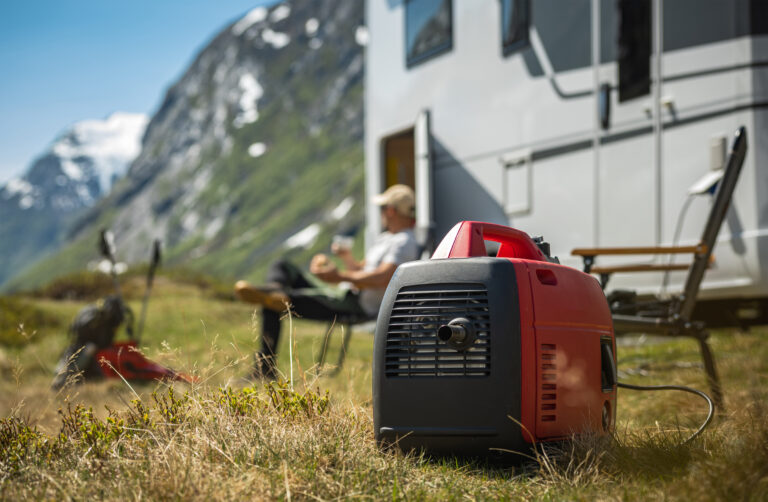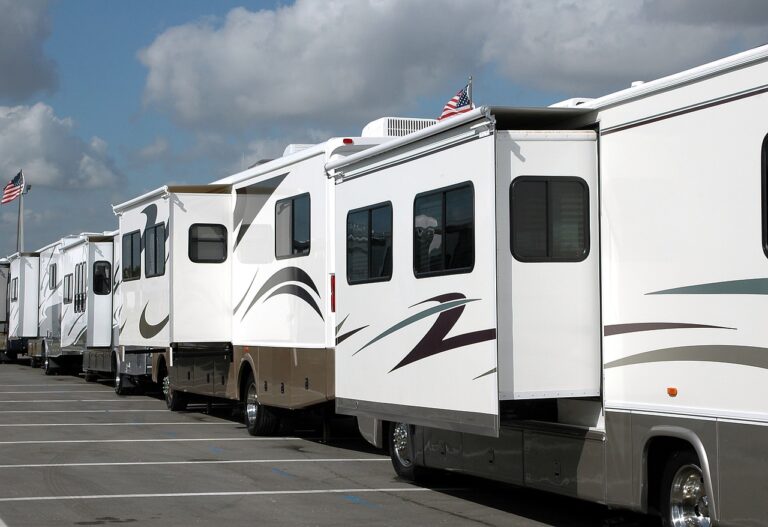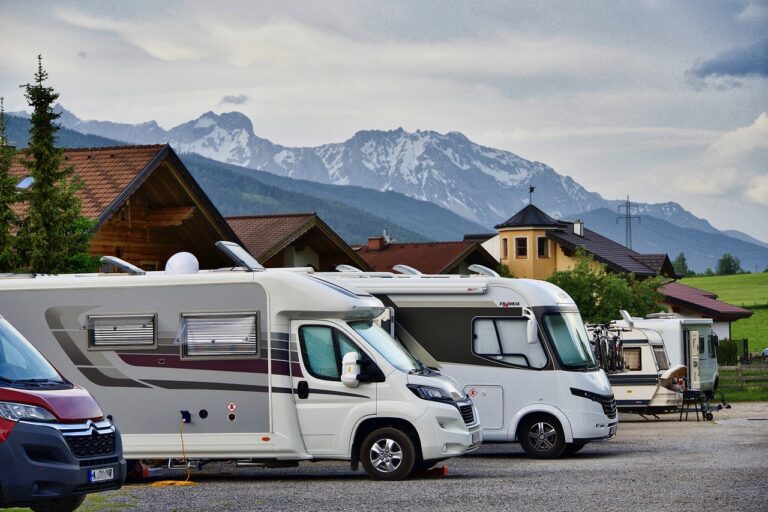Imagine a traveler embarking on a journey, torn between the allure of a traditional hotel and the freedom of an RV. Like two roads diverging in a wood, they must decide which path to take – one leading to luxury and convenience, the other to adventure and savings. In this article, we will explore the cost-effectiveness of RV travel versus traditional hotels, examining accommodation expenses, dining costs, transportation, and amenities. Join us as we navigate the road to finding the best value for your travel budget.
Accommodation Expenses
Accommodation expenses can vary significantly between RVs and traditional hotels, with a clear distinction in terms of costs. When it comes to RVs, the initial cost of purchasing or renting the vehicle is the primary consideration. RVs can range in price from a few thousand dollars for a basic model to several hundred thousand dollars for a luxury motorhome. On the other hand, traditional hotels typically charge a nightly rate that varies depending on factors such as location, amenities, and seasonality. While RVs may require additional expenses such as campground fees, fuel, and maintenance, they often provide more affordable accommodation options, especially for longer stays or larger groups. With this in mind, it is important to consider the overall costs of both options, taking into account not only the initial investment but also the associated expenses. Transitioning into the subsequent section about ‘dining costs,’ it is worth noting that RVs offer the added benefit of a fully equipped kitchen, potentially reducing dining expenses.
Dining Costs
When comparing dining costs, there are notable differences between RVs and traditional hotels. Here are four key points to consider:
1) Flexibility: RVs offer the advantage of a fully equipped kitchen, allowing travelers to prepare their meals. This can significantly reduce dining expenses as eating out can be expensive.
2) Variety: Traditional hotels often have on-site restaurants and room service, providing convenience but at a higher cost. RV travelers have the opportunity to explore local markets and try different cuisines, potentially saving money while enjoying a wider range of dining options.
3) Socializing: Traditional hotels offer the opportunity to dine with fellow travelers and meet new people. However, RVs allow travelers to have intimate meals with family and friends in a cozy and private setting.
4) Special Dietary Requirements: RVs cater better to those with specific dietary needs. Travelers can easily stock their kitchen with ingredients that suit their preferences, ensuring a more cost-effective and personalized dining experience.
Considering these factors, RVs tend to offer more cost-effective dining options compared to traditional hotels.
Transportation Expenses
To analyze the cost-effectiveness of RVs versus traditional hotels, it is essential to consider transportation expenses. When it comes to RVs, one of the major advantages is that they serve as both accommodation and transportation. This means that travelers can save on rental cars or public transportation costs, which can quickly add up in traditional hotel stays. RVs offer the convenience of having a mode of transportation readily available, eliminating the need for additional expenses. On the other hand, traditional hotels require travelers to rely on taxis, rental cars, or public transportation to get around, resulting in extra costs. By opting for an RV, travelers can not only save on transportation expenses but also have the freedom to explore different destinations at their own pace. Transitioning to the subsequent section about amenities and facilities, let’s now delve into the factors that contribute to the overall cost-effectiveness of RVs and traditional hotels.
Amenities and Facilities
RVs and traditional hotels differ in the amenities and facilities they offer to travelers. Here are four key differences to consider:
- Space: RVs provide more living space compared to hotel rooms, with separate sleeping areas, a kitchen, and a bathroom. Hotels, on the other hand, offer limited space with a single room and a shared bathroom.
- Flexibility: RVs allow travelers to choose their own locations and enjoy the freedom of moving around. Hotels, however, are fixed in one place and may limit your options for exploring different areas.
- Outdoor Experience: RVs offer the opportunity to enjoy the great outdoors, with options for camping, hiking, and picnicking. Hotels do not provide the same level of connection with nature.
- On-site Facilities: Hotels often provide various amenities such as swimming pools, fitness centers, restaurants, and room service. While some RV parks offer similar facilities, they may not be as extensive as those found in hotels.
Considering these differences in amenities and facilities, it is important to evaluate the overall budget comparison to determine which option is more cost-effective.
Overall Budget Comparison
Continuing the comparison between RVs and traditional hotels, a key aspect to consider is the overall budget. When it comes to cost-effectiveness, RVs often come out on top. While traditional hotels may have lower nightly rates, RVs offer significant savings in other areas. With an RV, travelers have the option to cook their own meals, eliminating the need to dine out for every meal. Additionally, RVs provide the convenience of having a living space and a kitchen combined, eliminating the need for separate hotel rooms and dining out expenses. Moreover, RVs allow travelers to save on transportation costs as they serve as both accommodation and a mode of transportation. In contrast, traditional hotels require additional expenses for transportation. Taking all these factors into consideration, RVs provide a more cost-effective option for travelers.




